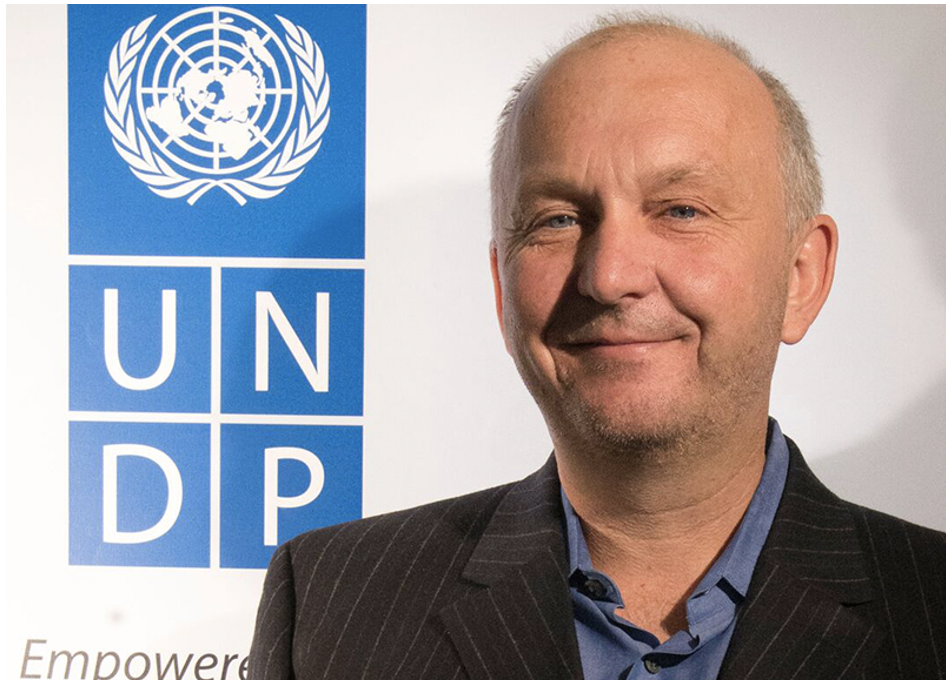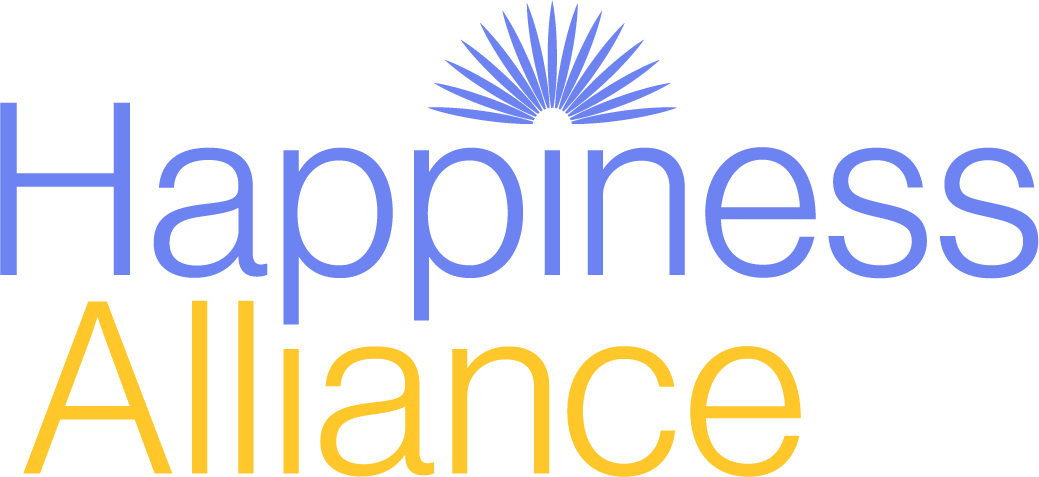Jon HallJon Hall is a Policy Specialist for the United Nations Development Program. Jon has been thinking about how to quantify – and influence - national development since 2000. His 2002 work for the Australian Bureau of Statistics on Measuring Australia’s Progress won a national award as the “smartest” social project of the year. From 2005 – 2009 he led the Global Project on Measuring the Progress of Societies at the OECD promoting these ideas around the world and since 2012 has been working on strengthening national human development reporting. Jon has a masters degree in applied statistics and econometrics, and another in public service administration. He has lectured in over 50 countries and has a particular interest in measuring happiness. In 2013 he was one of ten “global opinion leaders” to meet with German Chancellor Angela Merkel to discuss his work. Jon is one of the contributors to the World Happiness Reports. Jon is the founder of mammalwatching.com.
|
Covid-19 and wildlife tourism are linked in both directions. This was a pandemic waiting to happen, and it seems almost certain that it came about (as many experts predicted) from human pressure on ecosystems, particularly the most biodiverse ecosystems. This has brought people, nature and new viruses into contact for the first time.
Yet nature alone doesn’t pay the bills and so it is no surprise that when people are going without it is tempting to clear a little more forest for agriculture, or take a few more pangolins to the market. Wildlife tourism puts a value on protecting wildlife that – when done properly – gets to the local community.
Ironically, and in the other direction, as tourism has dwindled from the pandemic, we see stories of rampant poaching again in areas that were once top safari destinations.
Wildlife tourism is a nature-based solution that helps people, and ecosystems, at the same time in a very clear way.
As countries begin to reopen and rethink directions, post Covid, we should encourage everyone to bear this in mind.
And, as any avid bird (or mammal) watcher will tell you: observing a wild animal, particularly one you have never seen before, is pretty much the most intense form of happiness imaginable!
Yet nature alone doesn’t pay the bills and so it is no surprise that when people are going without it is tempting to clear a little more forest for agriculture, or take a few more pangolins to the market. Wildlife tourism puts a value on protecting wildlife that – when done properly – gets to the local community.
Ironically, and in the other direction, as tourism has dwindled from the pandemic, we see stories of rampant poaching again in areas that were once top safari destinations.
Wildlife tourism is a nature-based solution that helps people, and ecosystems, at the same time in a very clear way.
As countries begin to reopen and rethink directions, post Covid, we should encourage everyone to bear this in mind.
And, as any avid bird (or mammal) watcher will tell you: observing a wild animal, particularly one you have never seen before, is pretty much the most intense form of happiness imaginable!

